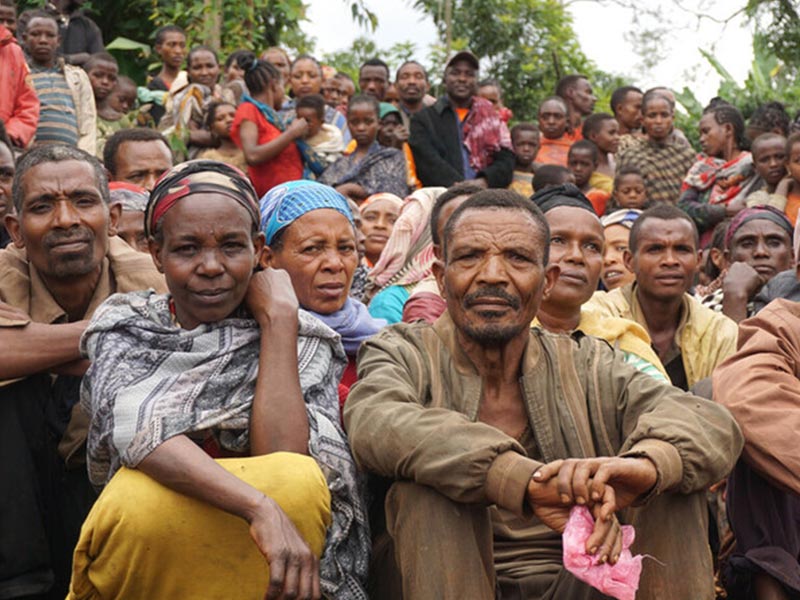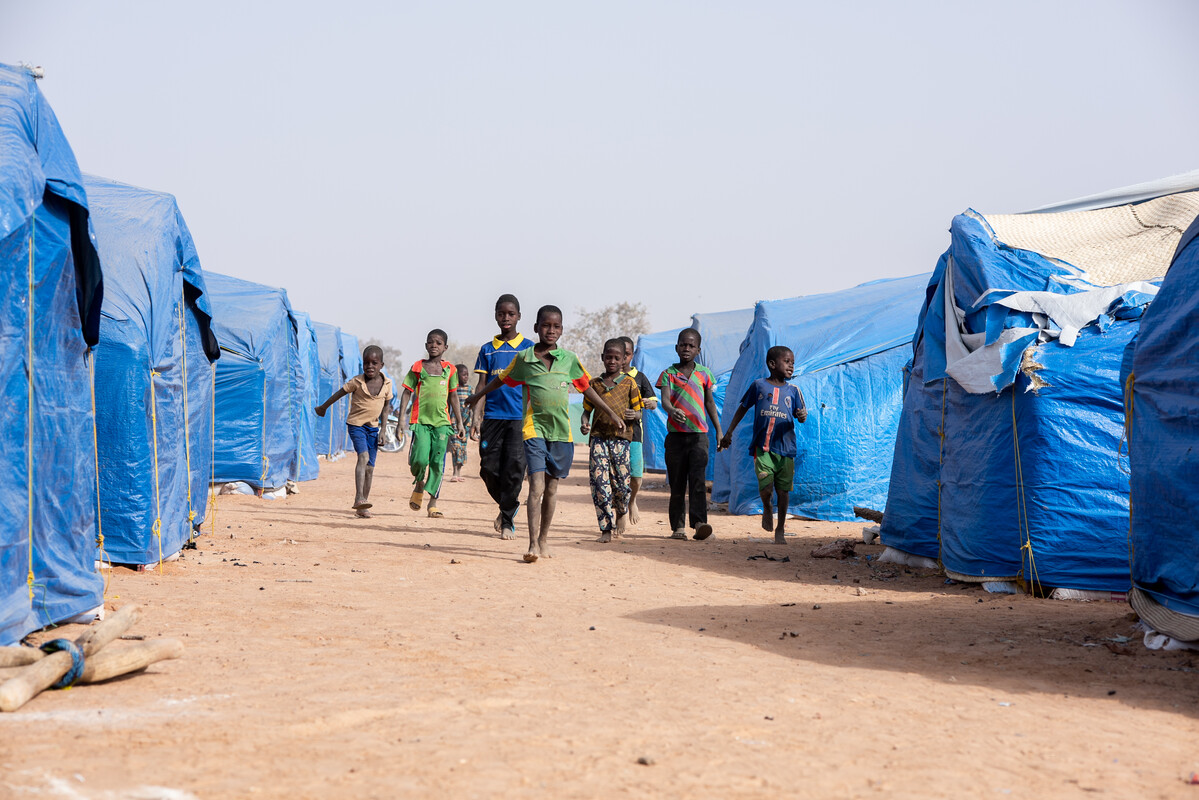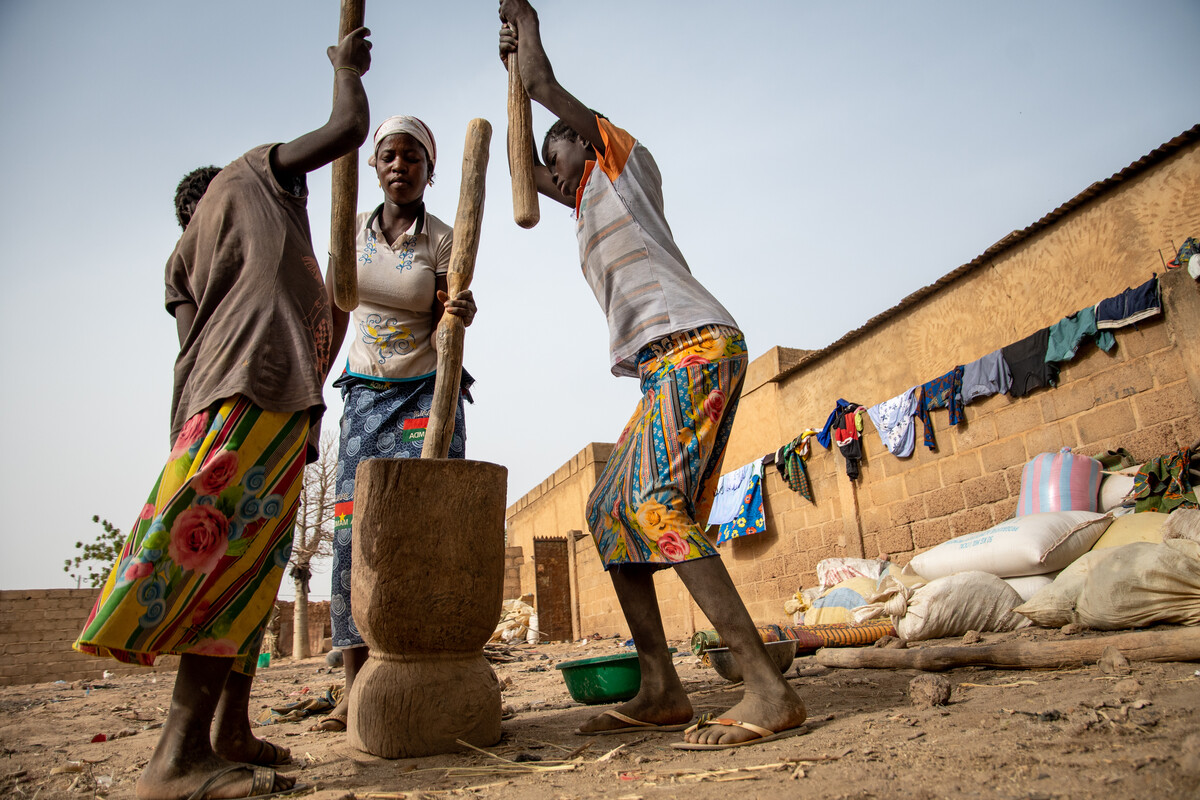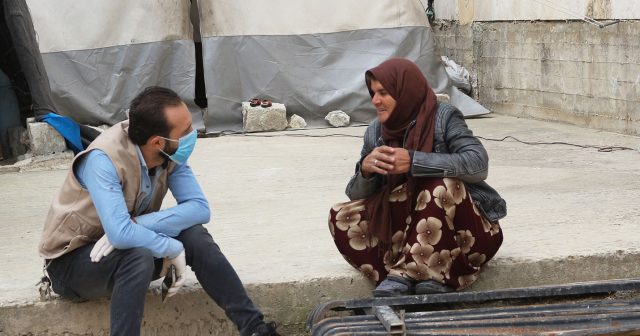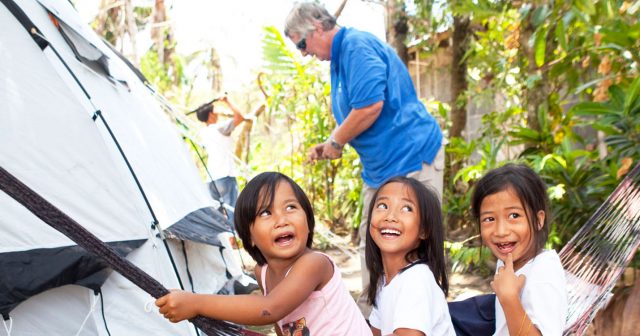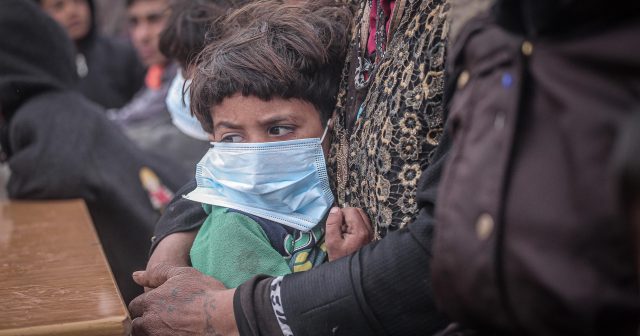OUR WORK AND CORONAVIRUS
For 20 years, we have helped people build emergency shelter.
As coronavirus spreads, we need to act fast and use our experience and expertise in new ways.
Emergency shelter can help to slow the spread of coronavirus in overcrowded camps and settlements before it’s too late.
We’ll continue to provide the right materials and training to help people build shelter or reorganize temporary settlements to provide more space so that people are able to physically distance to prevent the spread of the virus.
And our household items like cooking sets, blankets and water filters will help families reduce sharing and stay as healthy as possible.
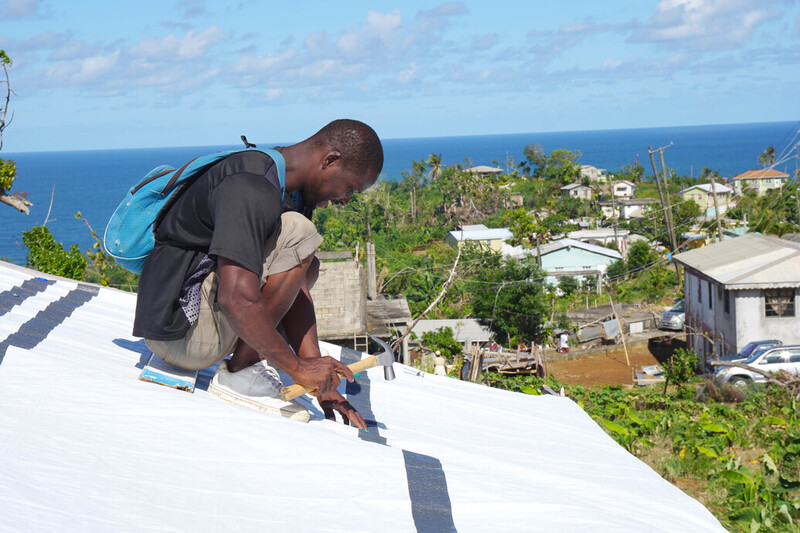
And we won’t stop there. We will push for the rights of people in disaster zones, making sure politicians and policymakers understand the urgent need to help families find shelter and stay safe.
Disasters Don't Stop
The coronavirus pandemic has made our work more urgent than ever.
Despite the challenges, we are committed to reaching vulnerable disaster-hit families, who now face this new and deadly threat.
Hurricanes and cyclones, conflicts and earthquakes – disasters will continue to hit. We’ll keep working to provide emergency shelter, help slow the spread of coronavirus and save lives.
Global travel restrictions are making it tougher for us to support communities around the world. But our links with local partners, combined with our storage of shelter materials and tools in locations globally, means we are still able to get shelter to the families who need it most.
And we’re doing everything we can to make sure that happens.
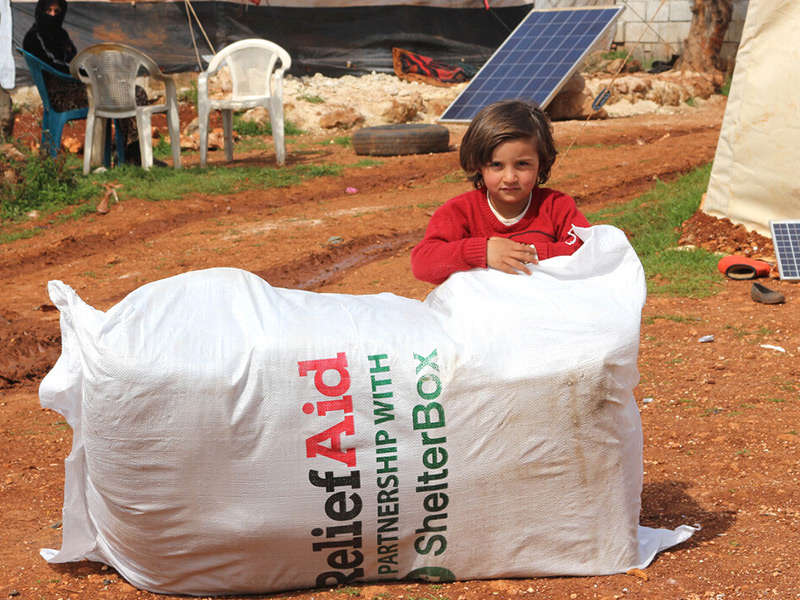
Syria
We’ve been working in Syria since 2012. Across the region, we’ve helped over a quarter of a million people who have been severely affected by the ongoing conflict.
Together with our trusted partner ReliefAid, we’re providing families with tarpaulins and rope to reinforce their tents, helping people to keep a distance from each other. Mattresses, carpets, thermal blankets and kitchen sets can help to keep families to stay warm and prepare meals.
We’re also now providing washbasins and soap – helping families stay as healthy as possible.
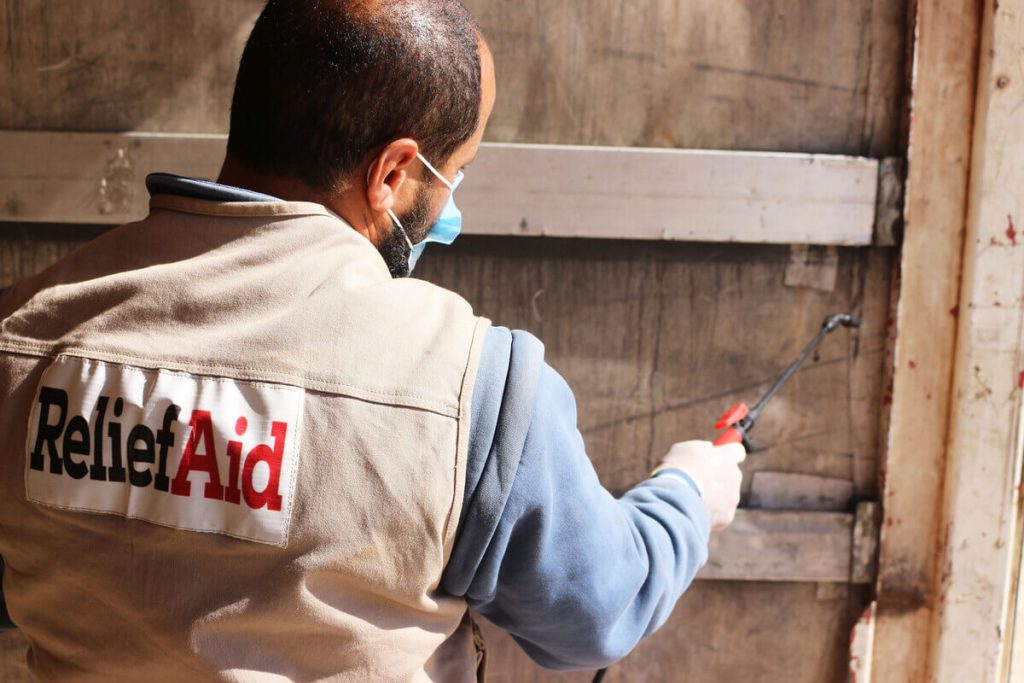
Cameroon
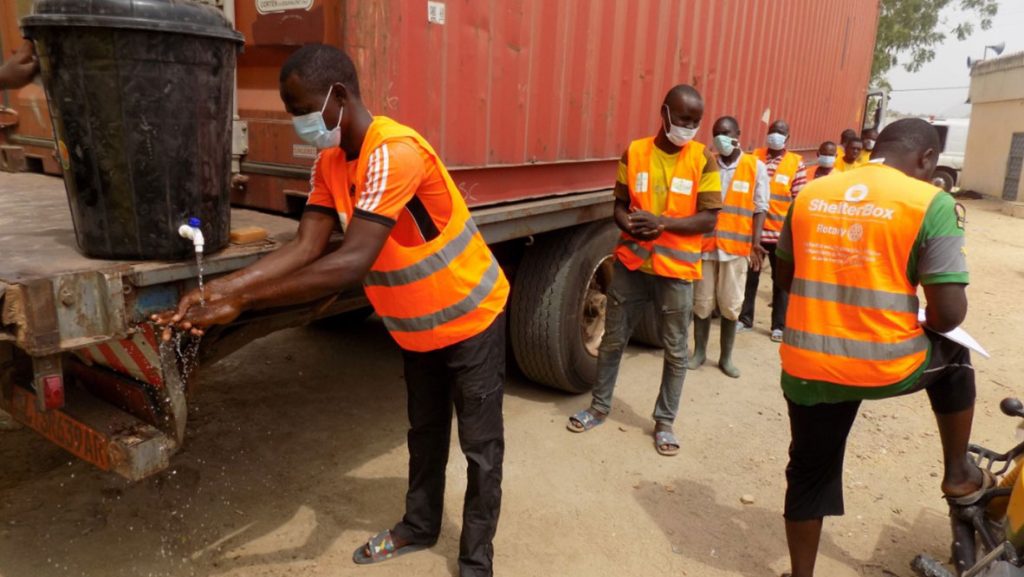
To date, we’ve provided shelter and essential aid to nearly 50,000 people in Cameroon who have been forced from their homes due to Boko Haram violence, climatic changes or economic pressures.
In our next project, we’ll be providing tents, household items, shelter kits, tarpaulins, and rope, and additional aid items to families who are affected by conflict and are under the threat of coronavirus.
Due to the virus, we’re working closely with our partner IEDA Relief to ensure the safety of affected communities and staff in our work. The team will be wearing face masks and gloves and using hand sanitizer to ensure they and the families we’re supporting remain safe.
We’re hoping that our partners can start distributions soon. However, we expect some delays, as we procure additional items to ensure that distributions are carried out safely.
Somaliland
In Somaliland, we’re working with our partners ActionAid to support families who have been displaced by drought.
Our project aims to help slow the spread of coronavirus in these communities. We’re providing tarpaulins, rope, kitchen sets, and other essential aid items which will allow people to recover, and also to protect themselves as much as possible from the virus.
Strict mitigations are in place to ensure the safety of the ActionAid team as well as the communities we’re supporting.
Staff attending distributions will be provided with protective equipment such as face masks, hand gloves, hand sanitizers, and disinfectants to clean in and around the distribution centers. Furthermore, our partners will be running awareness campaigns for coronavirus at the point of distribution.
Distributions of aid are expected to be complete by the end of April.
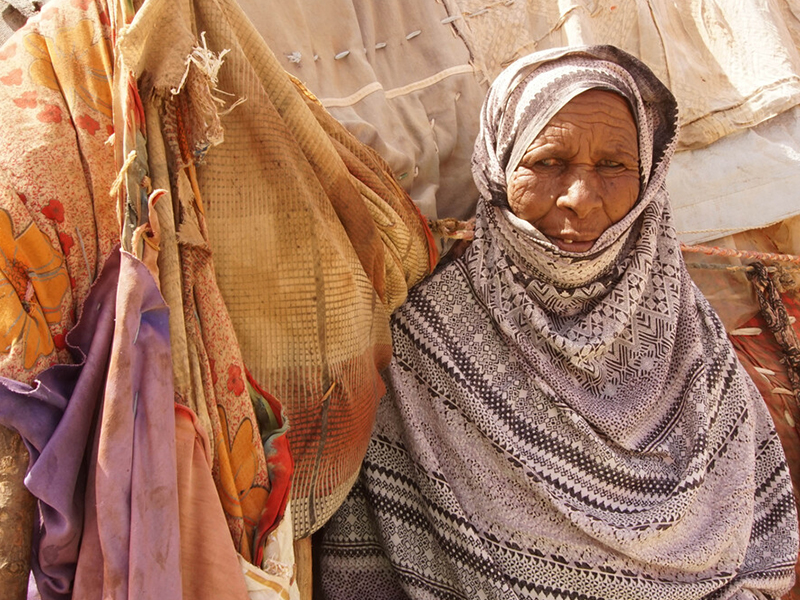
Burkina Faso
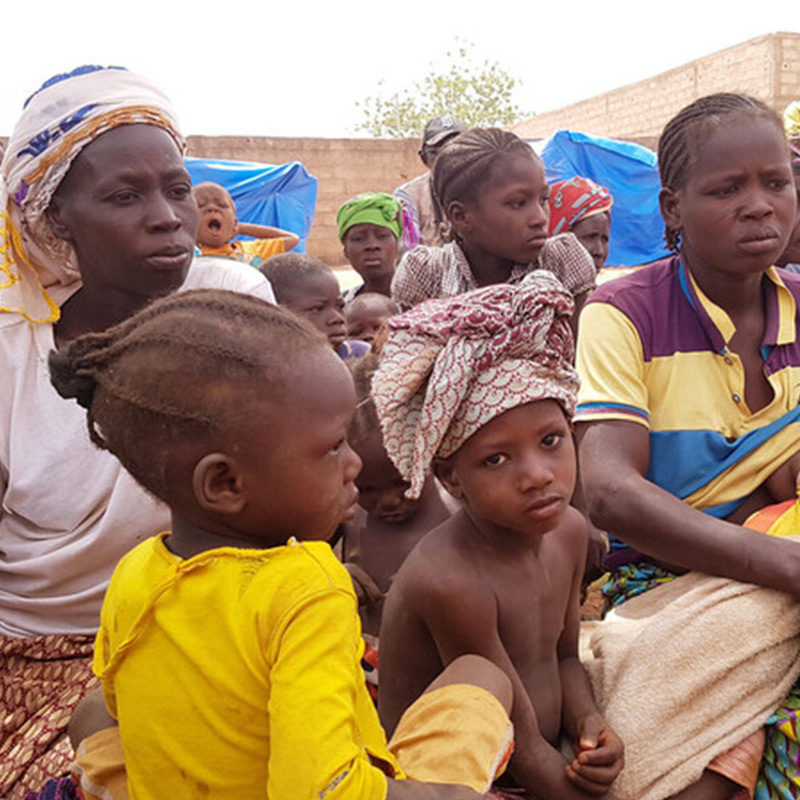
In Burkina Faso, almost 1 million people have been forced to flee their homes due to extremist violence.
The insecurity and instability make it difficult for aid workers to reach some of the people in need, and coronavirus is making the situation even worse.
Despite the many challenges for humanitarian organizations, including travel restrictions, we are working with our new partner HELP to support the most vulnerable communities.
We’ll be providing tarpaulins, kitchen sets, water carriers, sleeping mats, high thermal blankets, mosquito nets and solar lights, to families who need it the most.
Our support will help to decongest overcrowded places where displaced families are currently living. We are aiming to allow families to live as single units rather than share their shelters, which helps to mitigate against the transmission of the virus.
Our partner HELP has adopted mitigation measures, which include the use of antibacterial gel, masks, gloves and physical distancing.
HELP will also use the aid distributions to provide more information about coronavirus to rural communities.
Ethiopia
In Ethiopia, conflict, disease outbreaks, rainfall shortages and flooding have forced people from their homes.
With the help of our partner, the International Organization for Migration (IOM), we have supported over 4,500 families since late 2018.
Due to the spread of coronavirus, the Ethiopian government has closed its borders, except for the import of essential goods, including humanitarian aid. The aid for our next project is in the country right now, and it will support a total of 17,500 people.
Coronavirus mitigations have been put in place for distributions to ensure the safety of IOM staff and beneficiary communities.
IOM staff are using masks and disinfecting all material used at distributions as well as providing handwashing stations. Our partners will also include coronavirus health and prevention messaging and banners at distributions.
We are also hoping to add soap and a washbasin to the aid package.
